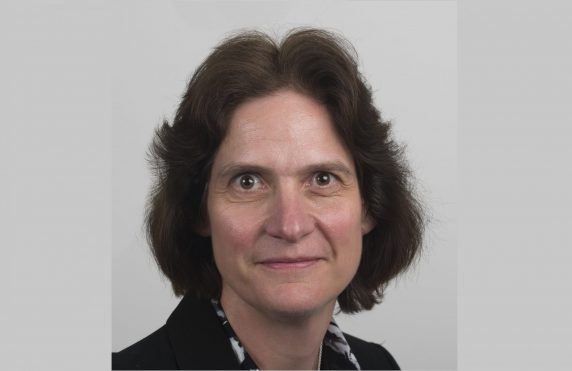Government must act to allow super partnerships to flourish

The arguments in favour of GP practices joining together to form super partnerships are well rehearsed.
At a time when all surgeries are under pressure, with less people joining the profession and patient demand increasing day by day, working at scale allows for greater resilience.
By collaborating and sharing expertise we can help to reduce workloads, access extra funding and provide greater career opportunities.
In Suffolk, we’re no different. An ageing population, limited resources and a recruitment crisis have brought many surgeries close to breaking point. For my own surgery, joining with other like-minded practices was the best solution – particularly as it was a position supported by NHS England – and in May this year we signed a final agreement to form Suffolk Primary Care (SPC).
SPC is the first and largest partnership of its kind in the county, made up of 11 practices with a combined turnover of £20million and a patient list of more than 100,000. From Brandon in the west to Leiston in the east, the partnership stretches 59 miles – with a mix of both rural and town centre surgeries.
The 43 Partners involved recognise the need for change and are driven by a desire to improve patient care while ensuring general practice has a sustainable future and retains its local identity. Prospective members were made up of both GMS and PMS practices, with one practice managed by Suffolk GP Federation (a not for profit community interest company).
It was a partnership long in the planning and it took several months to ‘dot the “i”s and cross the “t”s’ – not helped by a last-minute complication from NHS Pensions. Despite assurances that everything could proceed as planned, at the 11th hour we were told that the wording of the national contract made it virtually impossible for GMS, PMS and Federation practices to all join together – preventing certain staff from accessing an NHS pension.
Part 2, paragraph 4 of the GMS regulations defines who can hold a GMS contract as either a single medical GP, two or more individuals practising as a partnership or a company limited by shares. It meant that the practice managed by Suffolk GP Federation was unable to join.
The practice very much remains part of our plans and we hope it will be able to join in the future – but the example demonstrates the very real need for the Department of Health to reduce the amount of red tape if they are truly committed to finding innovative solutions to safeguard the future of general practice.
We will now be writing to Secretary of State for Health Jeremy Hunt to call for change, asking him to change the definition of a contractor in the GMS contract so that it allows both individuals practicising as a partnership AND a company limited to hold a GMS contract, ensuring the same situation as ours cannot be repeated in the future.
SPC represents a very exciting time for healthcare in Suffolk and we are looking forward to a bright future.
We’ve already saved £90,000 by moving to a single accountancy provider and further reductions will be made when it comes to insurance, clinical equipment, telephones, HR consultancy and stationery.
We will also be looking at LES/DES contracts to maximise profits and bid for additional funding that was previously out of reach, such as the clinical research CRN cluster contract and educational opportunities. Analysis of QOF data also indicates that additional income can be derived through improved patient identification and appropriate follow up care.
Another important area will be our continued growth. Suffolk practices working at scale can attract an additional £3 per patient in the next two years over and above GMS/PMS contracts and we will actively look to encourage more practices to join SPC.
We also hope to secure NHS Resilience Funding to help deliver objectives around clinical correspondence coding by non-clinical staff, patient demand analysis and support with appointment systems. Longer term we will develop an estates strategy to alleviate concerns for incoming and retiring GPs, introduce a profit share proposal and agree a programme of clinical audit.
Key to future success will be ongoing engagement with both patients and staff. From the outset, it was important to get ‘buy in’ from all involved and that’s an area we’re very keen to continue, with patient and workforce forums soon to be established.
There is no doubt that working at scale provides plenty of opportunity for general practice – but those in Government must make the transition as smooth as possible.
We are only too happy to share what we’ve learnt to help others in a similar position.
Dr Karen Blades is a GP partner at Leiston Surgery and is Chief Medical Officer at Suffolk Primary Care









